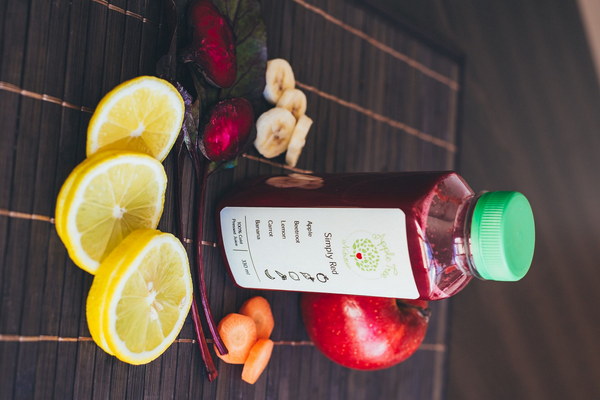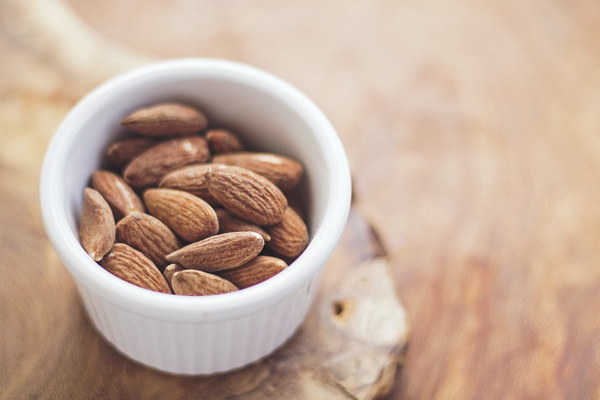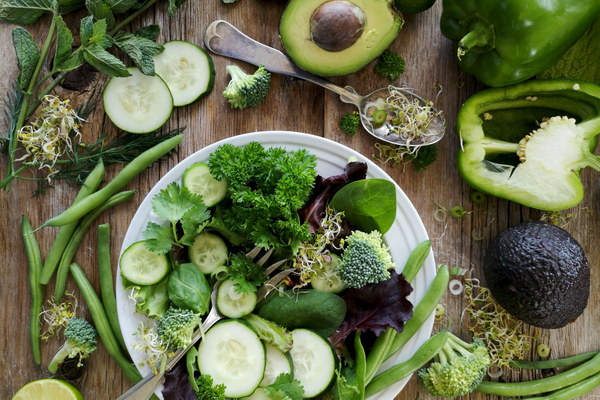Nourishing My Stomach A Personal Journey to Gastrointestinal Wellness
Gastrointestinal health is often overlooked, yet it plays a pivotal role in our overall well-being. For years, I struggled with stomach issues that left me feeling bloated, gassy, and irritable. It wasn't until I took a proactive approach to nourish my stomach that I began to experience true gastrointestinal wellness. Here, I share my personal journey and practical tips to help you on your path to a healthier stomach.
Understanding the Importance of a Healthy Stomach
To begin, it's essential to understand why a healthy stomach is so crucial. The stomach is responsible for breaking down food, absorbing nutrients, and eliminating waste. When it's not functioning properly, it can lead to a host of issues, from indigestion and bloating to more severe conditions like irritable bowel syndrome (IBS) and inflammatory bowel disease (IBD).
Identifying My Triggers
My journey to a healthier stomach started with identifying the triggers that exacerbated my symptoms. For me, these included dairy, gluten, and high-fiber foods. I kept a food diary to track my consumption and noted any correlation between these triggers and my discomfort. This process helped me pinpoint the specific foods that were causing my stomach issues.
Adopting a Balanced Diet
Once I had identified my triggers, I began to focus on adopting a balanced diet that was both nourishing and easy on my stomach. Here are some key aspects of my diet:
1. Fiber-Rich Foods: Instead of avoiding fiber altogether, I chose to consume it in the form of easily digestible sources like fruits, vegetables, and gluten-free grains.
2. Probiotics: To maintain a healthy gut flora, I incorporated probiotic-rich foods like yogurt, kefir, and sauerkraut into my diet.
3. Prebiotics: These non-digestible fibers feed the probiotics in your gut. I included prebiotic-rich foods such as bananas, onions, garlic, and asparagus.
4. Protein: Lean protein sources like chicken, turkey, and fish helped me feel satiated while being gentle on my stomach.
5. Healthy Fats: Foods like avocados, nuts, and olive oil provided healthy fats that supported my stomach's health.
Hydration and Portion Control
Staying hydrated is another vital aspect of maintaining a healthy stomach. I aim to drink at least eight glasses of water a day to aid digestion and prevent bloating. Additionally, I've learned the importance of portion control, as overeating can strain my stomach.
Regular Exercise
Exercise is also a key component of my stomach health regimen. Regular physical activity helps keep my digestive system moving, preventing constipation and bloating. I've incorporated a mix of cardiovascular exercises, strength training, and yoga into my weekly routine.
Stress Management

Stress can have a significant impact on gastrointestinal health. To manage stress, I've adopted mindfulness practices like meditation, deep-breathing exercises, and journaling. These techniques help me maintain a calm mind and a healthy stomach.
Seeking Professional Guidance
Throughout my journey, I've sought guidance from healthcare professionals, including a gastroenterologist and a dietitian. They've provided personalized advice and support, helping me to navigate my stomach issues and make informed decisions about my health.
Conclusion
In conclusion, nourishing my stomach has been a journey of self-discovery and learning. By adopting a balanced diet, staying hydrated, exercising regularly, managing stress, and seeking professional guidance, I've been able to achieve gastrointestinal wellness. I hope that sharing my personal experience and practical tips will inspire you to take control of your stomach health and enjoy the benefits of a healthier, happier life.









